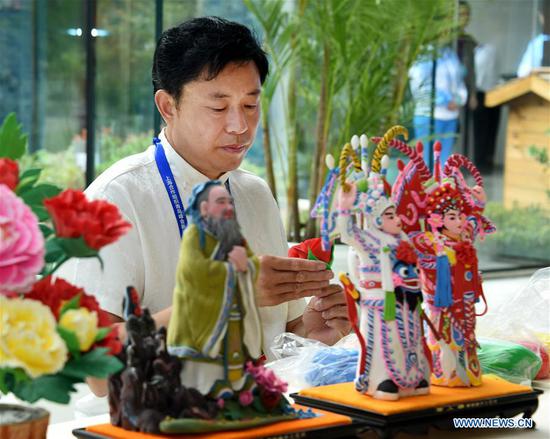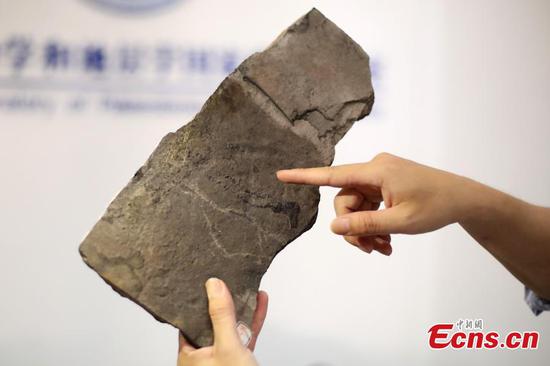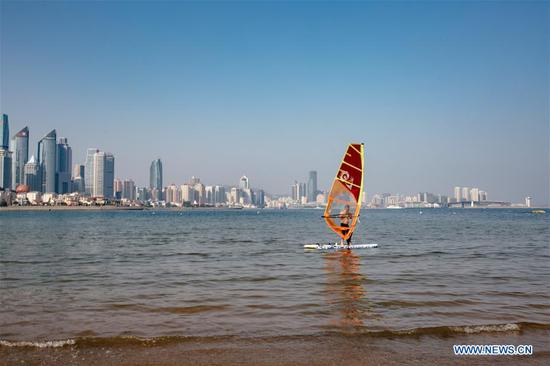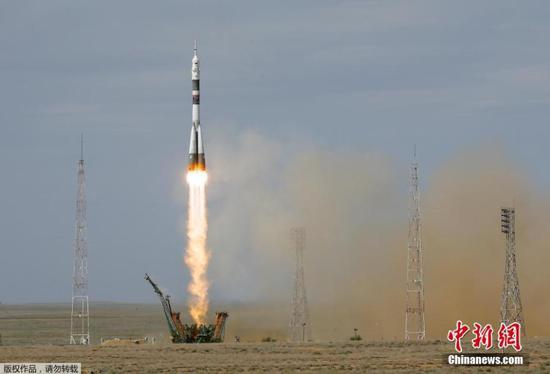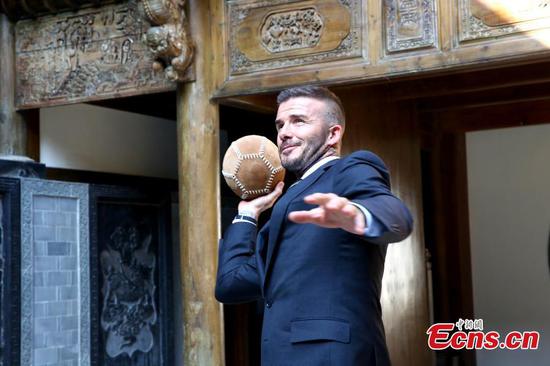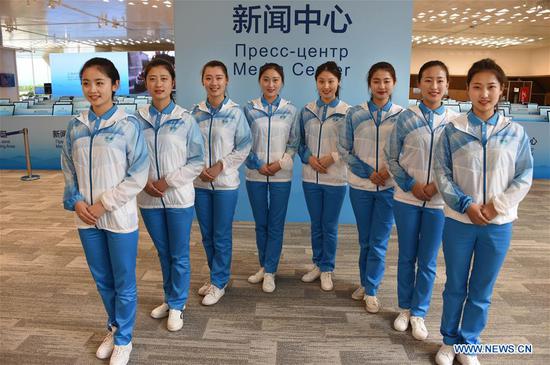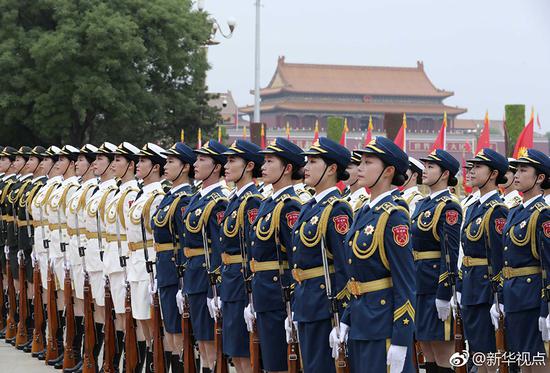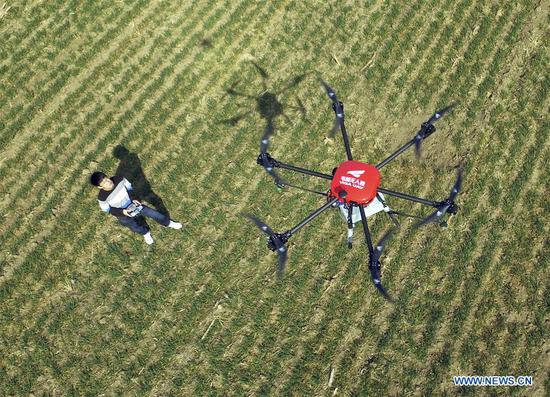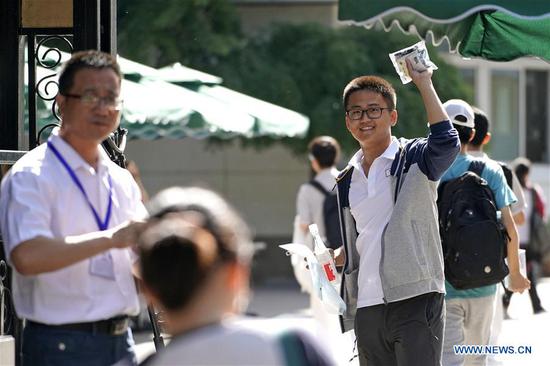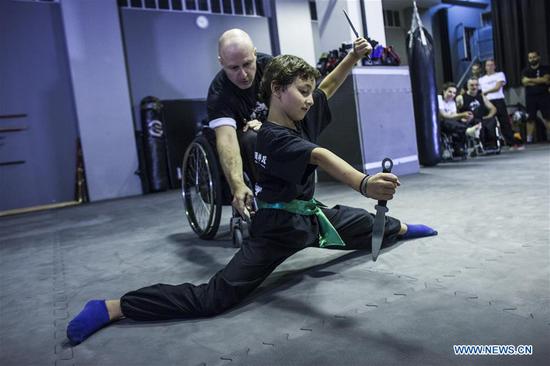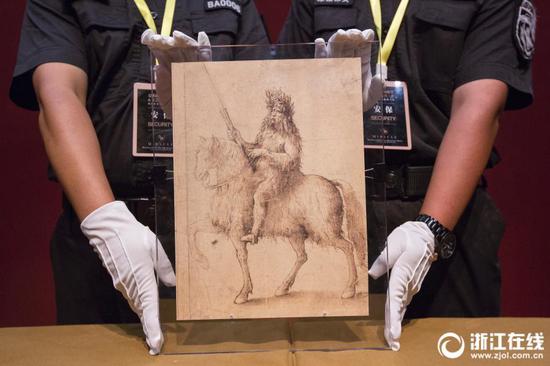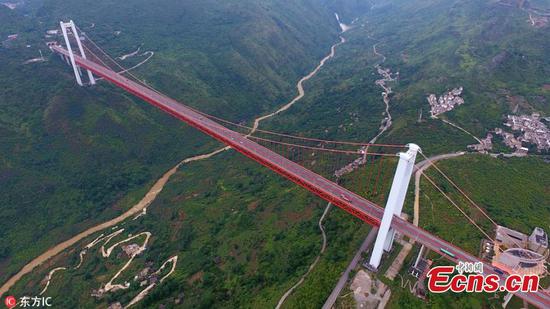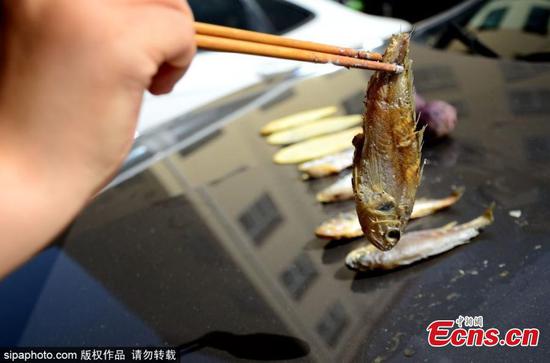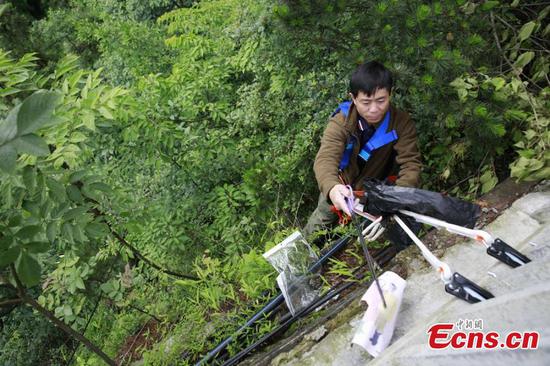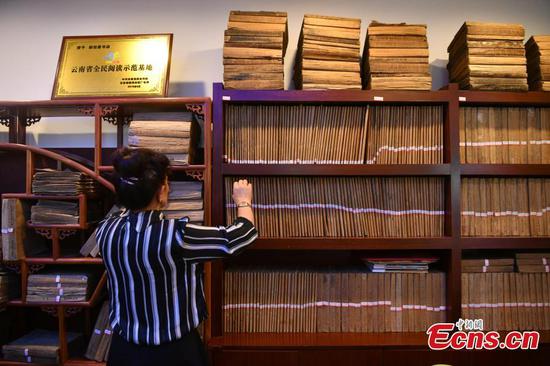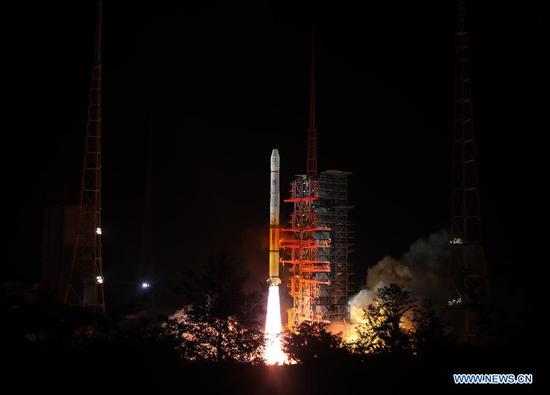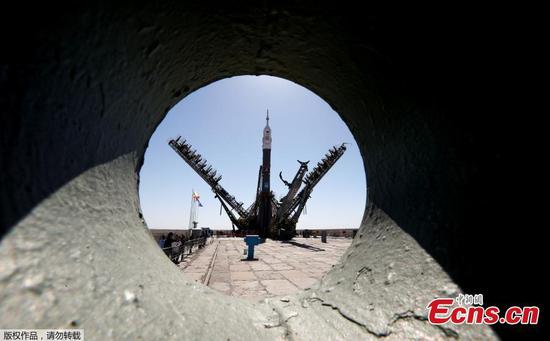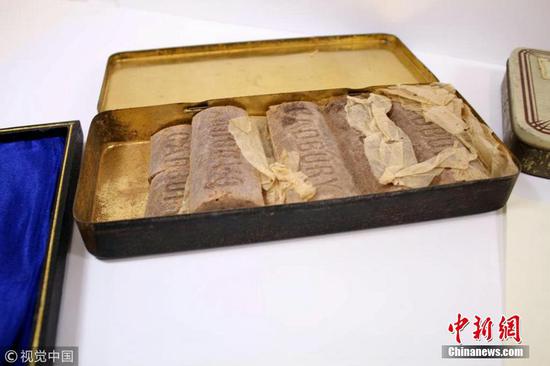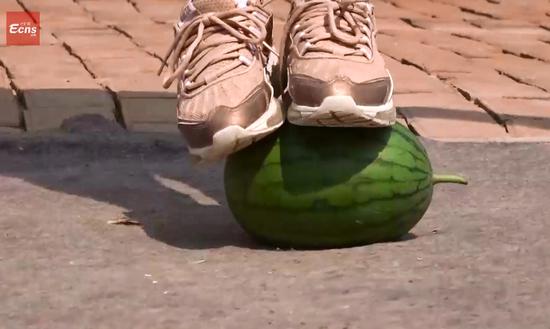How have Sino-Russian relations shaped SCO?
The SCO reflects how the Sino-Russian's comprehensive strategic partnership of coordination worked out in multilateral relations, according to a report published by three Chinese think tanks.
The report was compiled by the Chongyang Institute for Financial Studies at Renmin University of China, the Institute for Central Asian Studies at Lanzhou University and the Global Governance Research Center at Renmin University of China.
The document noted the key nodes of bilateral relations are highly consistent with the SCO's evolution.
In April 1996, then Russian President Boris Yeltsin paid a state visit to China and announced the establishment of a strategic partnership with China. He also met with leaders from China, Kazakhstan, Kyrgyzstan and Tajikistan to sign the Five-Power Agreement in Shanghai.
The move aimed to ensure peaceful regional development and settle leftover territorial disputes from the Soviet-era, which later led to the formation of so-called Shanghai-five and later evolved into the SCO.
In the interview, Putin also noted that China and Russia have signed the treaty of friendship in 2001, "which has supplied the essential foundation for the towering edifice of our current bilateral ties." The treaty was signed a month after the formation of the SCO.
Helge Blakkisrud, a Norwegian political scientist pointed out that the final rounds of bilateral Sino-Russian border negotiations were completed in 2004 and a permanent SCO Secretariat was established in Beijing, with former Chinese Ambassador to Russia, Zhang Deguang appointed as the organization's first secretary-general in the same year.
How SCO supports Sino-Russian relations?
The smooth development of the SCO in return helps support the cooperation between member states, especially between China and Russia.
In military cooperation, the two countries have teamed up and since 2005 launched regularly the Peace Missions, large-scale military drills under the SCO framework.
Since 2012 the two countries have held joint military exercises at least once every year including sea drills. During the Joint Sea 2014 drill, both Chinese and Russian presidents attended the launch ceremony.
In June 2017, the two countries signed a general plan for bilateral military cooperation for the 2017–2020 period during the 14th SCO defense ministers' meeting.
As for economic aspect, the two sides agreed to "dock" the China-proposed Belt and Road Initiative with Russia's Eurasian Economic Union (EEU).
With Pakistan and India's formal induction into the SCO, the organization is facing more opportunities and challenges.
Xing Guangcheng, director of the Institute of Chinese Borderland Studies at the Chinese Academy of Social Sciences, argued that both China and Russia should help new members get acquainted with SCO's working procedures, rules, and the Shanghai Spirit.
Thus, the two countries should work together to further help the SCO enhance cohesion among its members and establish close cooperation with other multilateral organizations, he added.
Xing said the pair should continually act as the backbone of the SCO to make the organization increasingly active and dynamic.











